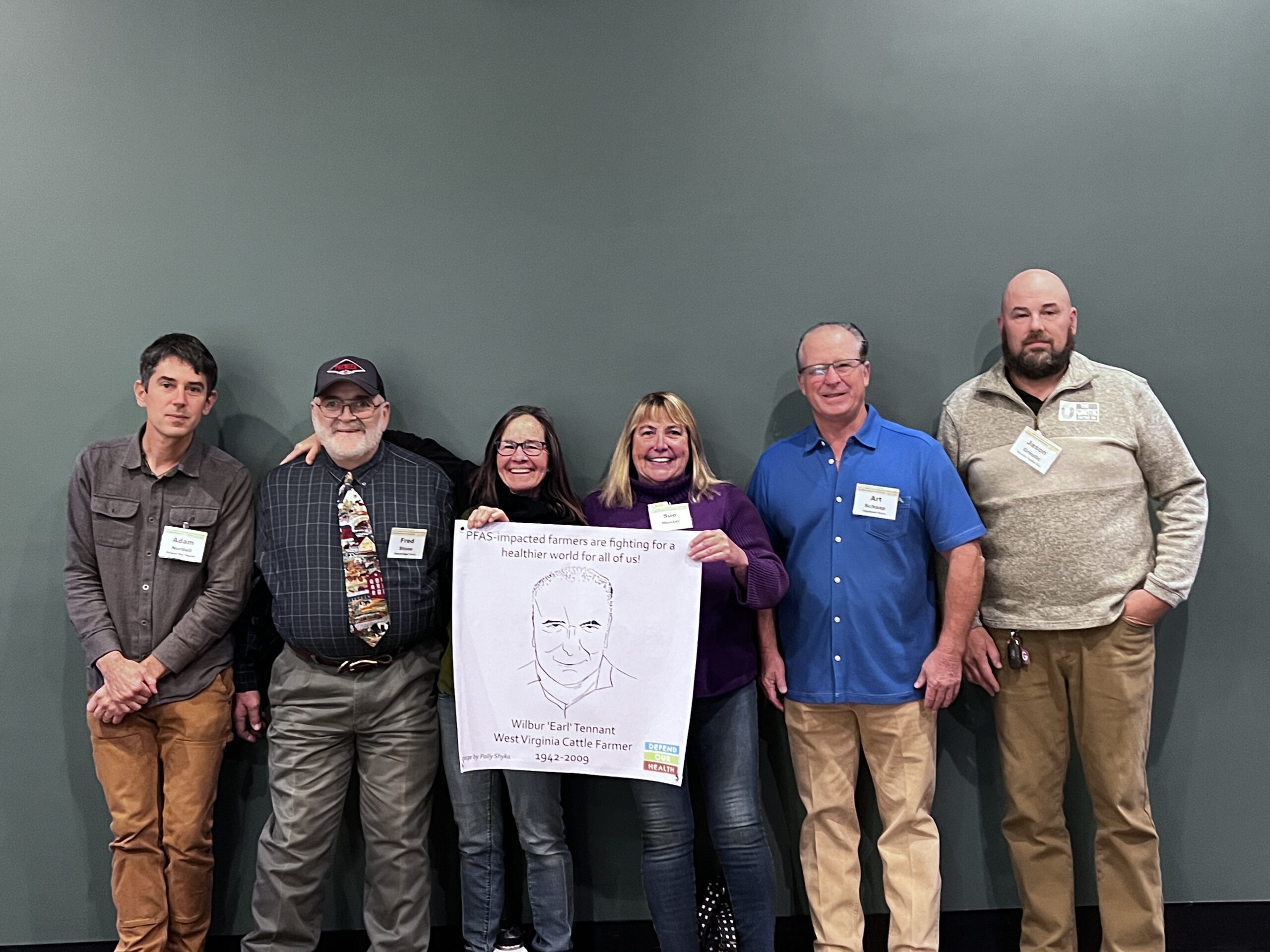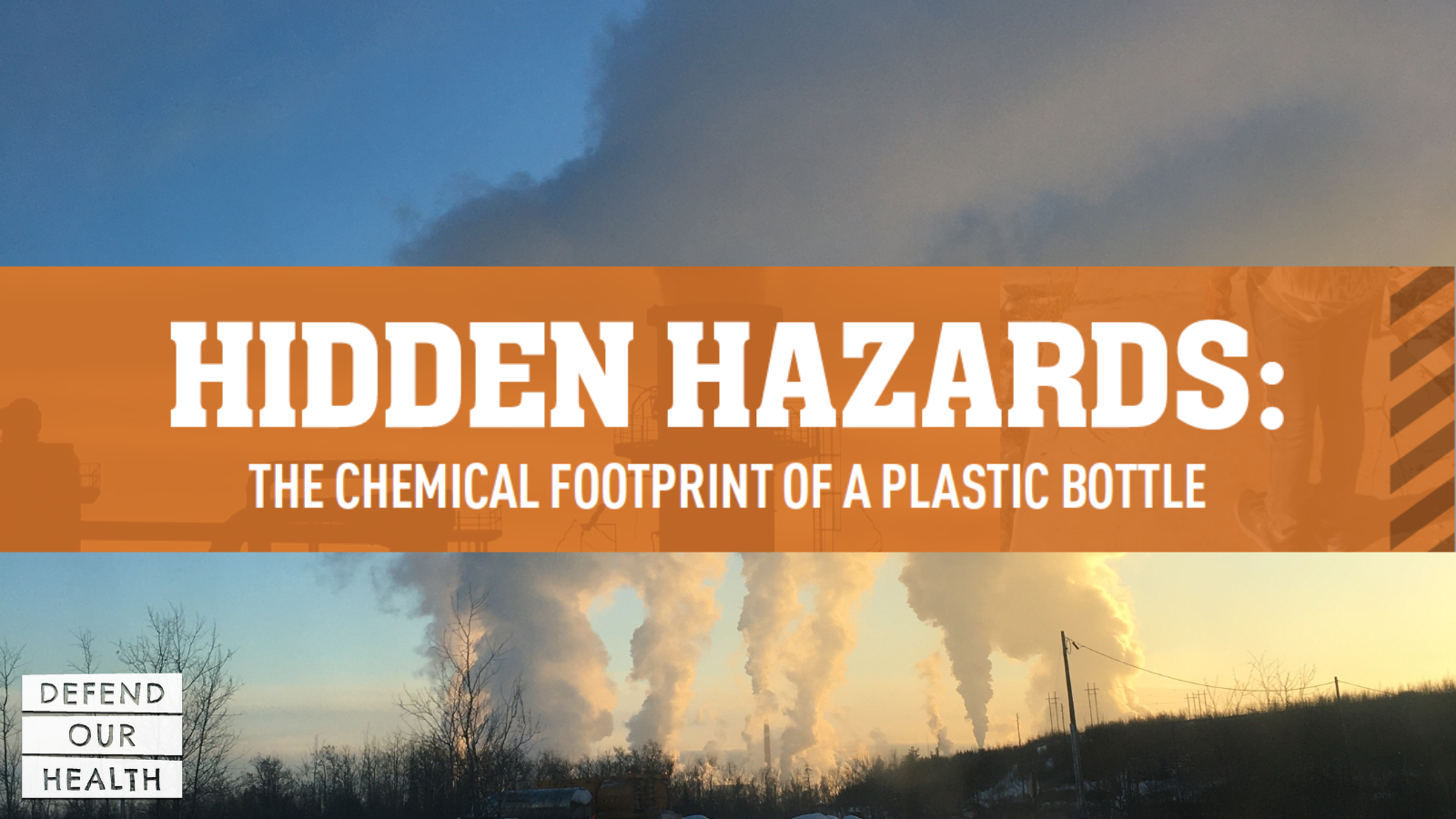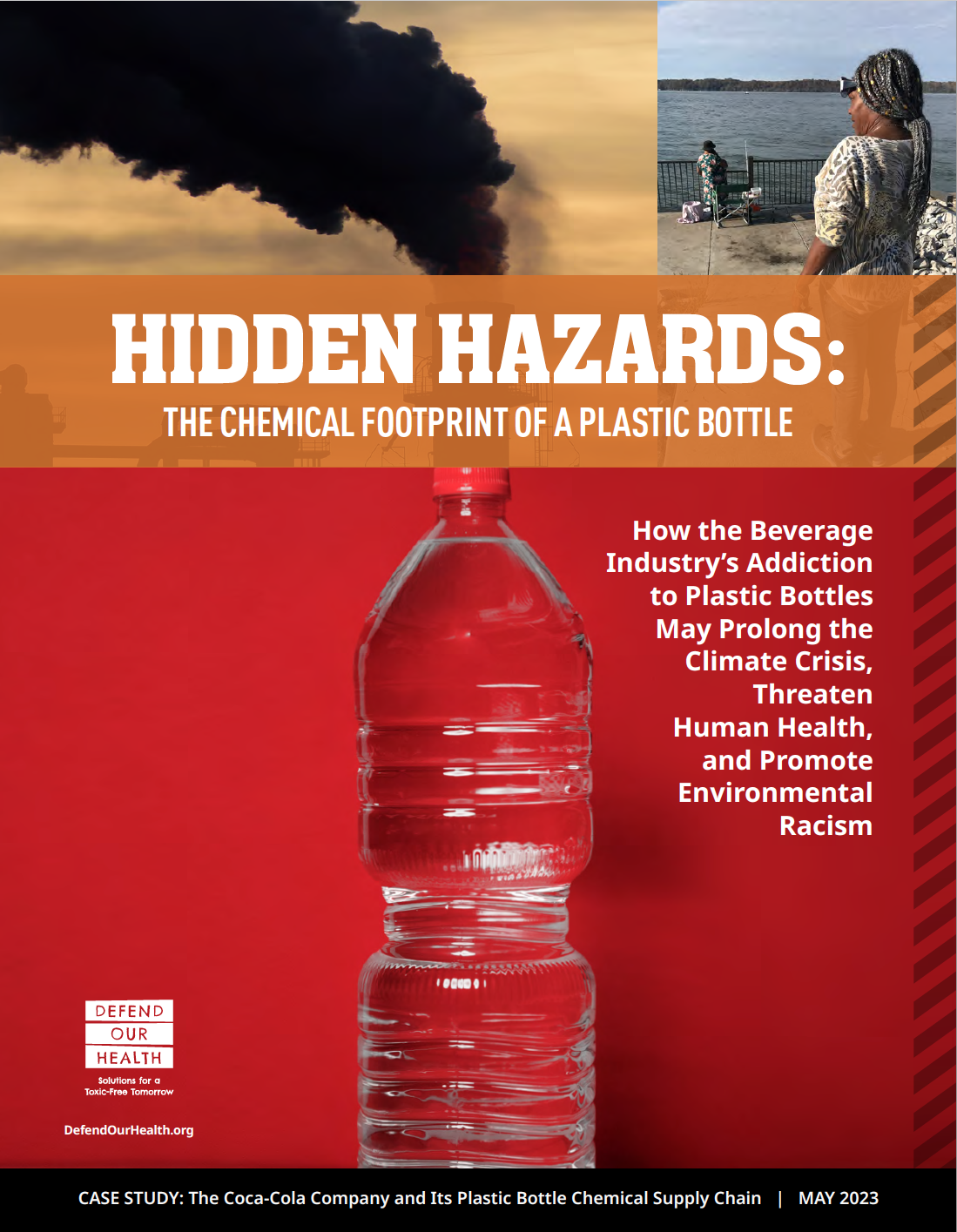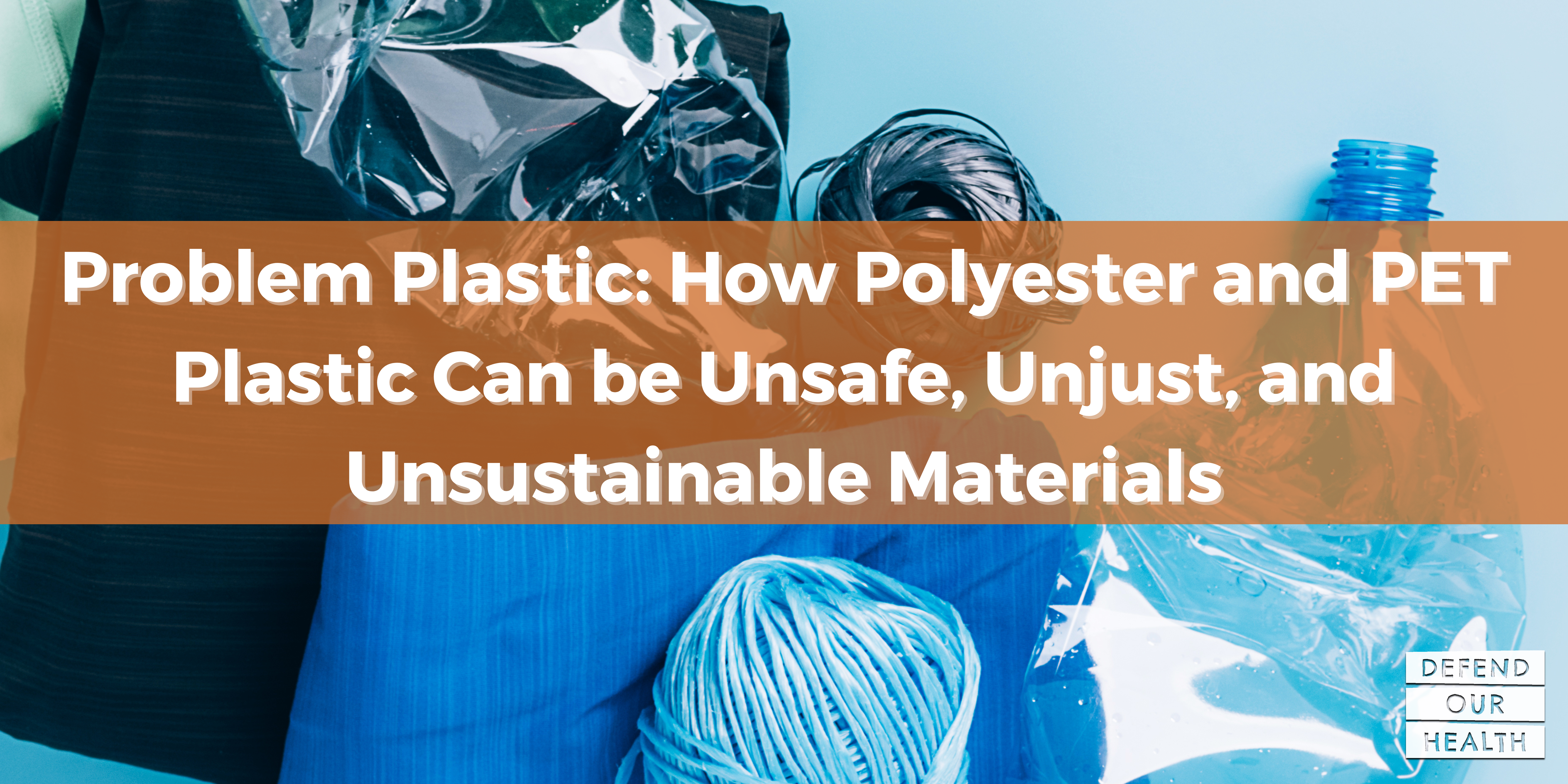Author: Taylor Moore
Defend Our Health welcomes new President and CEO
Defend Our Health is proud to announce the hiring of Emily Carey Perez de Alejo as the new President and Chief Executive Officer of the nonprofit public health and social justice organization. The organization’s founder and outgoing executive director, Mike Belliveau, will move into a new staff role as Founder and Senior Strategist. Carey Perez de Alejo comes… Read more »
Defend is Hiring a Director of Development and Community Engagement
Defend Our Health is hiring a Director of Development and Community Outreach. Defend is a public health and social justice nonprofit that works to create a world where all people are thriving, with equal access to safe food and drinking water, healthy homes, and products that are toxic-free and climate-friendly. We apply the best science… Read more »
PFAS Impacted Farmers Hold Press Conference in Michigan
Yesterday, PFAS impacted farmers from across the country are gathered to speak to the media about what the contamination has meant for their livelihoods and their businesses in a press conference. Impacted farmers and policy experts will speak about the economic and health impacts of the contamination of farmland with the so called ‘forever chemicals.’ Speakers… Read more »
The Chemical Footprint of a Plastic Bottle Webinar
Last month, we released our report titled “Hidden Hazards: The Chemical Footprint of a Plastic Bottle” which explores the many health harms of plastics production, the potential health effects of consuming beverages in plastic bottles, and dangers to workers and communities from recycling and disposal. Las week, report co-author Mike Belliveau, Defend’s Executive Director was joined by Port… Read more »
Defend Our Health Releases First-Ever Study that Reveals the Hard Truths Behind Plastic Bottles
Today – ahead of the global plastics treaty negotiations in Paris – Defend our Health and the Beyond Petrochemicals campaign released a new report, Hidden Hazards: The Chemical Footprint of a Plastic Bottle, unmasking the shocking hazards posed by a seemingly innocuous everyday item: the plastic bottle. This report reveals the health, environmental, and climate… Read more »
Conversation with Nse Witherspoon, Executive Director of Children’s Environmental Health Network
Following the release of our report, “Problem Plastic: How Polyester and PET Plastic Can be Unsafe, Unjust, and Unsustainable Materials,” Defend’s Senior Communications Director, Taylor Moore, had the opportunity to chat with Nsedu “Nse” Obot Witherspoon, the Executive Director of the Children’s Environmental Health Network (CEHN). For the past 23 years, Nse has served as a key spokesperson for… Read more »
2022 Fall Brunch Celebration
This Sunday, Defend Our Health hosted an in-person event ceremony at our 2022 Fall Brunch Celebration! Event attendees enjoyed an outdoor event at Broadturn Farm with live music by Glen Loper and Bethany Waickman, a delicious brunch buffet, and an open bloody mary and mimosa bars while celebrating the victories we have accomplished over the… Read more »
PET Plastic Report
Over the past few months, we tested 20 popular beverages packaged in plastic bottles and found a cancer-causing plastic chemical in every, single bottle. In the beverages we tested, including Pepsi and Coca-Cola brands, we found unsafe levels of a highly toxic chemical used to make plastic bottles for carbonated soft drinks, juices, energy drinks, and bottled water. But the… Read more »
Welcome Summer 22′ Organizing Interns
Or team is very excited to introduce our summer interns working on the Safe Drinking Water campaign and our new Healthy Homes program. Caitlyn Hanley is a junior at Bates College majoring in Environmental Studies with a minor in Educational Studies. She grew up in Portland, ME and her interest on environmental issues comes from… Read more »
2022 Priority Bills
PFAS Bills: LD 1911 “An Act To Prohibit the Contamination of Clean Soils with So-called Forever Chemicals.” This bill would ban the spreading of sludge and sludge-derived compost on farmland that contributes to PFAS contamination. It would also require that wastewater treatment facilities and other industry that discharge effluent into Maine’s waterways test that effluent for… Read more »










